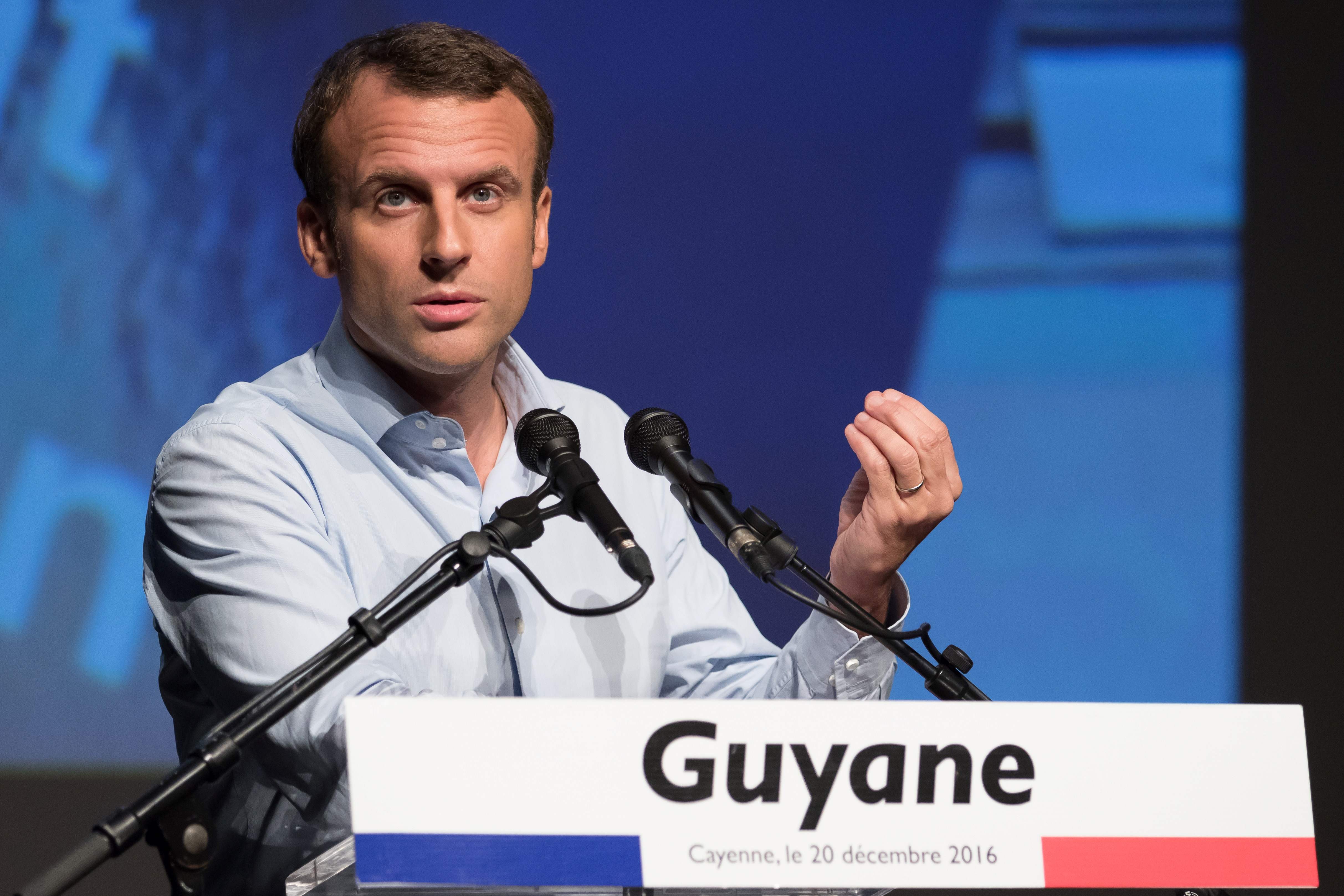
Seven candidates are standing in the 2017 French Socialist Party presidential primary, which includes the Socialist Party and a number of smaller pro-government Green parties, formally known as the “Popular Alliance.”
But one can be forgiven for not recognising many of them. And three recognisable names will not be on the ballot this January: François Hollande, Emmanuel Macron, and Jean-Luc Mélenchon.
Hollande is only the second president since the birth of the Fifth Republic in 1958 not to seek a second term. The other was Georges Pompidou, who died in office in 1974. Hollande is also the third president to have served only one term. The others were Valéry Giscard D’Estaing in the 1970s and Hollande’s immediate predecessor, Nicolas Sarkozy. The fact that the two most recent presidents have not lasted indicates how difficult governing France has become.
Hollande’s decision not to run again should have surprised no one: with a 4 per cent approval rating, he would have faced a humiliating defeat in the election’s first round. While his presidency has been widely criticised, it also had significant achievements: making France a party to the Paris climate agreement, and restoring some balance to social-welfare spending. And although government debt has continued to rise, the unemployment rate is starting to fall – though too late for Hollande to benefit.
Hollande’s biggest flaw was that he could not incarnate the presidency: he simply did not look or sound particularly presidential. His shrill voice lacked the gravitas associated with the office, and he seemed statesmanlike only in situations that naturally created that image for him, such as the November 2015 terrorist attacks in Paris and, more controversially, France’s intervention in Mali in 2013.
Since those occasions, Hollande has been embroiled in a damaging debate about revoking French terrorists’ citizenship; and he committed a serious PR blunder by candidly commenting on the French political scene for a book by two Le Monde journalists, appropriately titled A President Shouldn’t Say That. He has also faced street protests for attempting to reform the labour market – a politically hazardous move that has taken down many previous French governments.
Since Hollande dropped out of the running, Macron, his centrist former economy minister, has been urged to run in the Socialist primary, now that he can do so without betraying the president under whom he served. But he has consistently ruled it out, and launched an independent bid for the presidency in November, most likely with an eye toward the long term. Having openly predicted that the left will lose the 2017 election, he is cutting his ties to Hollande’s government so that he can position himself as the left’s saviour in the 2022 presidential race.
Like Macron, Mélenchon is also standing for the presidency outside of the Socialist fold. In recent years, the far-left, anti-austerity, and anti-Europe former Socialist minister has cornered what is left of the Communist Party and united the various other anti-capitalist parties behind him.
Thus, the contest will most likely be between Manuel Valls – who was Hollande’s prime minister until he resigned earlier this month – and Arnaud Montebourg, Valls’s former minister for “national recovery.” Valls is currently leading in first-round polls, but the two candidates will be running neck and neck in the primary’s second round.
If Valls wins, Macron will come under renewed pressure, because he is the other major representative of the Socialists’ “social-liberal” wing – although Valls is much more authoritarian than Macron on “Republican” issues such as secularism and national security.
If Montebourg prevails, however, the political squeeze will be on Mélenchon, because Montebourg represents the more conventional left: he notably quit Valls’s government in 2014 because it was pursuing austerity and supply-side policies, rather than the Keynesian fiscal stimulus he advocated.
The Socialist primary’s outcome will matter only insofar as it exposes the split within the party between those who favor a traditional statist approach and those who advocate more market-friendly alternatives. In pursuing the latter, Hollande’s presidency marked a rupture in Socialist politics; the party never explicitly endorsed this new trajectory, and many on the French left now resent Hollande for what they see as a betrayal of their principles.
With French politics divided between the left, right, and far right, a split within any bloc almost guarantees that bloc’s exclusion from the second round of next year’s presidential election. Notwithstanding the left’s calls for unity, the Socialist primary will not bring people together. Moreover, the Socialists have not helped themselves by excluding – with the claim that primaries are not an “open bar” – three candidates from smaller parties that had already run a primary to select their own leaders.
With at least two candidates already running on the left, the outcome of the Socialist primary is irrelevant to national politics. The second round of the presidential election will be between the Republican Party’s François Fillon and the far-right National Front’s Marine Le Pen. - Project Syndicate